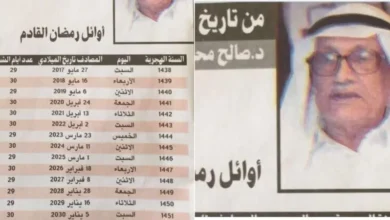France spends €200m to dispose surplus wine

In an effort to aid disheartened wine producers, the French government has set aside €200m ($234m) to dispose of surplus wine.
The decision was made amid several challenges faced by the wine industry, including dwindling demand, thanks to the increasing popularity of craft beer, high production costs, overproduction, and the cost of living crisis.
Growing global energy prices and the Russian invasion of Ukraine also led to a drop in buyer spending, including non-essential goods such as wine.
Major wine-producing regions, including Bordeaux and Languedoc, have suffered due to a decline in demand, leading to a situation in which producers accumulated increased stock without sufficient demand to sell.
It shouldn’t come as a surprise that France is being affected by this as it is the second largest wine-producing country in the world after Italy.
The process of removing wine from the market is carried out by the method of distillation, as it is converted into alcohol used in various industries

Shutterstock
The French Minister of Agriculture, Marc Visnot, emphasized the wine industry’s need to adapt to changing consumer trends and think of the future, the aid was aimed at stopping price collapses so that winemakers may regain sources of revenue.
The French government hopes that these measures will help stabilize the wine market and prevent a collapse in prices due to the surplus of wine. A similar campaign was implemented in 2020 during the COVID-19 pandemic.
Statistics from the European Commission until this year’s June stated that wine consumption had decreased by 7% in Italy, 10% in Spain, 15% in France, 22% in Germany, and 34% in Portugal.










